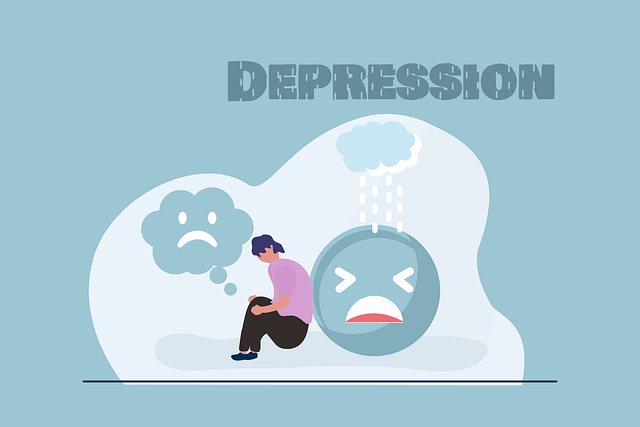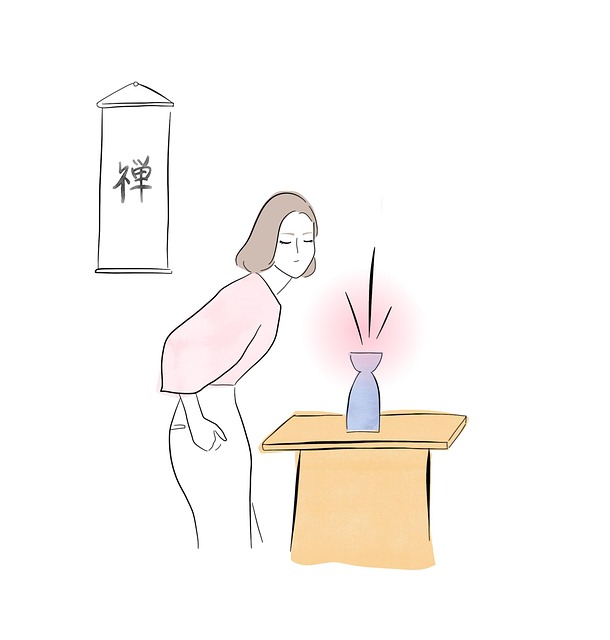Aurora Spanish Speaking Therapy (ASST) tackles burnout among healthcare providers in diverse communities by offering language-accessible services, mindfulness practices, and educational outreach. Their multi-faceted approach focuses on emotional intelligence, conflict resolution, and self-care to create supportive environments. ASST's strategies improve provider well-being, reduce stress, enhance patient care quality, and foster a more harmonious healthcare system, ultimately benefiting both patients and professionals.
Healthcare provider burnout is a growing concern, with significant risks and impacts on patient care and provider well-being. This article explores effective strategies to prevent burnout, focusing on the importance of communication, cultural sensitivity, and comprehensive approaches. We delve into specific methods, such as the benefits of Aurora Spanish Speaking Therapy, which caters to diverse healthcare needs, enhancing patient satisfaction and provider resilience. By implementing these strategies, healthcare organizations can foster a more sustainable and supportive work environment.
- Understanding Burnout Among Healthcare Providers: Risks and Impact
- Effective Communication and Cultural Sensitivity: The Role of Aurora Spanish Speaking Therapy
- Comprehensive Burnout Prevention Strategies for Sustained Well-being
Understanding Burnout Among Healthcare Providers: Risks and Impact

Burnout among healthcare providers is a growing concern, with high-stress work environments and demanding patient care routines contributing to significant risks. This phenomenon often manifests as emotional exhaustion, depersonalization, and reduced personal accomplishment, impacting not only the well-being of medical professionals but also the quality of patient care. In the vibrant landscape of Aurora Spanish Speaking Therapy, where diverse communities seek support, understanding burnout is crucial for fostering a resilient healthcare system.
The consequences of unaddressed burnout can be severe, leading to decreased job satisfaction, increased turnover rates, and potential hazards in patient outcomes. Effective prevention strategies are essential to mitigate these risks. By incorporating conflict resolution techniques, enhancing emotional intelligence, and improving communication strategies, healthcare organizations can create supportive environments that empower providers. Such interventions not only benefit individual practitioners but also contribute to a more harmonious and efficient healthcare system.
Effective Communication and Cultural Sensitivity: The Role of Aurora Spanish Speaking Therapy

Effective communication and cultural sensitivity are vital components in preventing burnout among healthcare providers, especially when caring for diverse patient populations. Aurora Spanish Speaking Therapy (ASST) is a remarkable initiative that highlights these principles. By offering therapy services in Spanish, ASST bridges the gap between healthcare professionals and patients who may face language barriers, enabling more personalized care. This cultural sensitivity fosters trust and understanding, reducing potential communication-related stress on both parties.
Moreover, ASST incorporates mindfulness meditation techniques into its practice, which are known to enhance emotional healing processes. Mindfulness has been proven effective in managing stress and burnout by promoting a sense of calm and improving overall well-being. Through community outreach program implementations, ASST also educates the public about mental health, reducing stigma and encouraging individuals to seek support when needed. These strategies collectively contribute to creating a supportive healthcare environment that prevents burnout and improves patient outcomes.
Comprehensive Burnout Prevention Strategies for Sustained Well-being

Healthcare provider burnout is a significant concern, but comprehensive strategies can promote sustained well-being. Aurora Spanish Speaking Therapy emphasizes the importance of a multi-faceted approach to prevention. One key component involves integrating compassion cultivation practices into daily routines. By fostering self-compassion and empathy towards patients, healthcare workers can reduce stress and enhance job satisfaction.
Additionally, encouraging positive thinking through cognitive reframing techniques helps professionals maintain resilience. Self-care routine development is another vital strategy for better mental health. Adequate rest, regular exercise, and mindfulness practices are essential pillars in preventing burnout. These strategies not only promote individual well-being but also contribute to improved patient care and job performance.
In conclusion, addressing healthcare provider burnout is paramount to ensuring quality patient care and fostering a sustainable work environment. By understanding the risks and impacts of burnout, implementing comprehensive strategies such as enhanced communication skills through programs like Aurora Spanish Speaking Therapy, and prioritizing well-being, healthcare organizations can create a resilient and supportive culture. These measures are essential steps towards preventing burnout, promoting job satisfaction, and ultimately enhancing patient outcomes.














